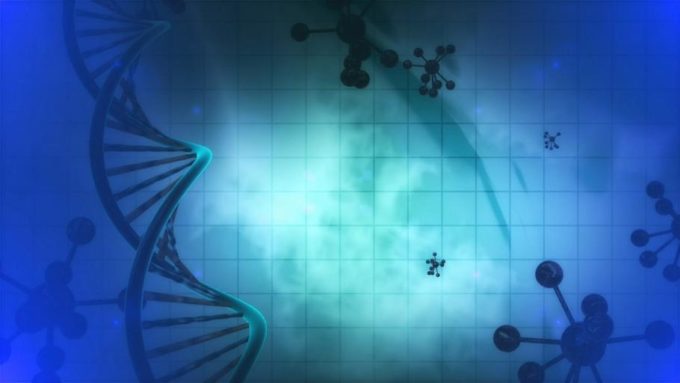People v. Buza, No. S223698 (February 18, 2015), California Supreme Court Opinion via Stanford Law School Supreme Court of California Resources.
In 2004, California voters passed Proposition 69 (the “DNA Act”), which required law enforcement officials to collect DNA samples, through buccal swab, from all persons who are arrested for or convicted of felony offenses in the state. Earlier this month, the California Supreme court upheld the state’s DNA collection act over constitutional challenges by Mark Buza in People v. Buza. Buza had been arrested for arson and related felonies. During his processing by law enforcement, Buza refused to give a DNA sample and was charged with misdemeanor refusal. He was convicted by a jury of all charges. The Court of Appeals reversed the misdemeanor refusal conviction holding that the DNA Act violated the 4th Amendment to the U.S. Constitution (and found on remand that it also violated the California state constitution). On appeal, the California Supreme Court found that the act, as applied in Buza’s case, violated neither the state or Federal constitution.
The court relied heavily on two prior cases in their decision. The first, People v. Robinson (2010), upheld the application of the DNA Act to persons who have been convicted of felony offenses. The second, Maryland v. King (2013), upheld a similar DNA collection procedure in Maryland. The court was not compelled by any of the defendant’s attempts to distinguish his case from either Robinson or King.
Against Robinson, Buza argued that while the state may have a compelling interest to arrest those who have already been convicted of felony offenses, it does not have the same interest in those that have been only arrested for or charged with a felony offense. The court found that the state interest in knowing the identity of individuals who have been arrested runs throughout their interaction with those held, beginning at initial arrest. The court likened the DNA collection to fingerprinting and photographing during a legitimate police booking process which had been found constitutional under the 4th Amendment. The court also found compelling that the DNA identification profile used genetic loci that have no known association with a genetic trait, disease or disposition. The court also turned to the Robinson decision to answer the question of whether the act violated the California state constitution, but found that “California law and federal law alike recognize that an arrestee has reduced privacy interest upon being taken into police custody.”
Buza urged the court to distinguish from the DNA collection scheme in King on three grounds: (1) the DNA Act applied to more than just violent felonies; (2) collection and testing are allowed before accusatory pleadings under the DNA Act; and (3) the DNA act did not provide for automatic destruction of DNA samples. On the first ground, the court said that King did not “create a new classification of violent offenses as a matter of constitutional law”; even if it did, Buza committed felony arson – a serious felony under California law. On the second ground, the court decided that the compelling government interest was in “the accurate identification of arrestees who are taken into police custody.” This interest exists before accusatory pleadings are made, but also from a practical standpoint, judicial officials are required to make a probable cause determination within 48 hours of booking while DNA sample processing often taken 30 days. While the state is not required to wait, the processes in place mean that the state is effectively waiting until after probable cause determination. Finally, the court found the destruction procedures more than adequate. The court noted the criminal penalties for use of the DNA sample for reasons other than identification and also the federal requirement to remove the sample from the federal database for those exonerated.
Despite the ruling, the court noted throughout the opinion that the DNA Act was constitutional as applied specifically to Buza. The court noted that a case had been filed in the Northern District of California challenges the DNA Act as applied to arrestees who were never actually charged with a felony offense, and specifically took “no view on the merits” of the challenge. The court also acknowledge that both technological development, like improved DNA testing, and the practical experience of arrestees undertaking the expungement process may result in different outcomes under the constitution.
Benjamin Sanchez is a 1L student at Harvard Law School.
